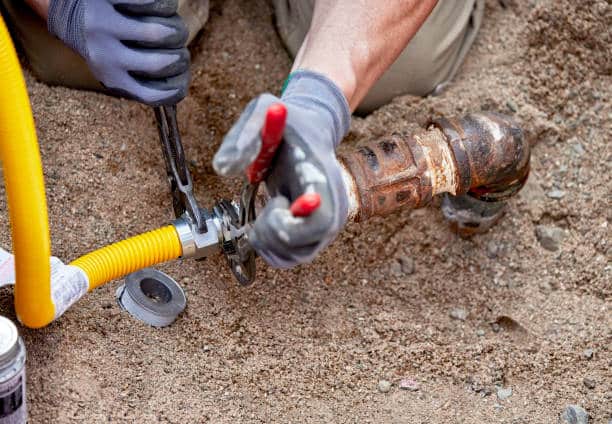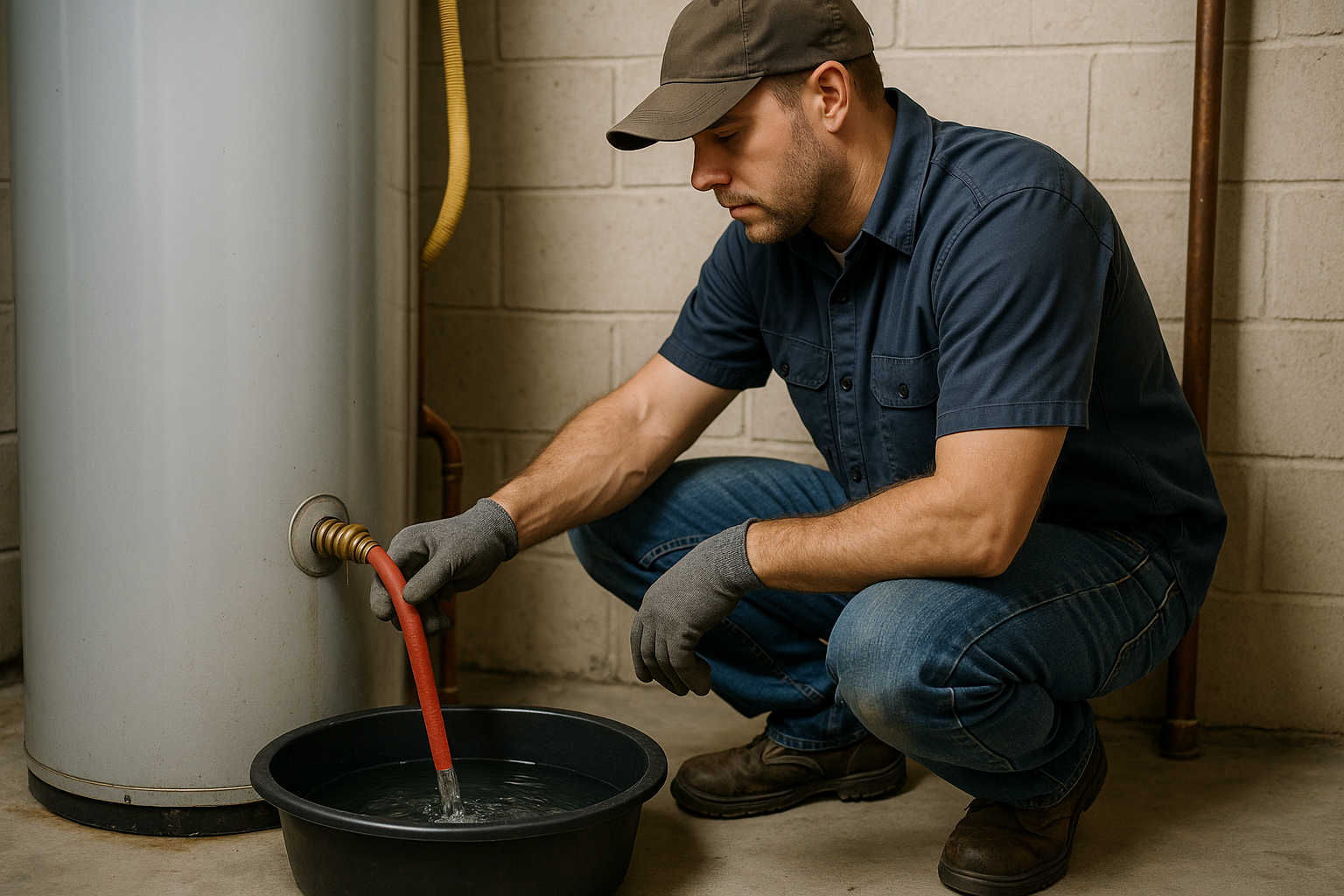Food brings people together. It is a way to share and experience different cultures, nourish the body, and is a great conversation starter. However, cooking also means clean up and sometimes this involves grease. While it may seem easy and harmless to rinse grease down the sink, over time it can cause plumbing issues. A grease buildup can lead to slow draining sinks and complete blockages. However, adopting simple habits can keep grease out of your pipes and keep your plumbing system running efficiently.
Let’s learn more about why grease can build in your pipes, how to recognize the signs of a clogged pipe, some at home ways to remove the grease, and when to call for a professional’s help.
1. Why Grease Builds Up in Pipes
Oil and water do not mix and many grease and oils solidify as they cool. While it may be tempting to pour hot liquid grease down the drain for easy clean-up, the grease will harden as it cools. In turn, the now gelatinous grease will stick to the inside of your pipes, creating a waxy buildup that will narrow your pipe’s opening. Running hot water or flushing the pipes with a ton of water will not wash away the grease. Instead, it pushes the grease further down into your pipes and plumbing system, causing costly issues down the line.
2. Signs Your Pipes Are Clogged With Grease
While many issues could be the cause of plumbing headaches (such as hair, food, or other remnants), many kitchen sink plumbing issues are caused at least in some part by grease.
Some common signs that grease is building in your pipes include:
- Unpleasant odors: When grease and food remnants combine, it can lead to bad smells coming from your pipes.
- Slow drains: If water is pooling or slowly going down the sink, it can be a sign of grease buildup.Gurgling or other noises: Air can get trapped behind buildup causing worrisome noises as water struggles to move down the pipes.
- Frequent clogging: If you find that you need to plunge or snake your drain often, buildup can be the reason.
Looking for and taking quick action when these signs first show up can save you from major repairs or damage in the long run.
3. DIY Solutions for Grease Removal
If you are beginning to notice any of these signs, grease buildup may be the culprit. Before calling a professional plumber, you can try a few at home solutions.
- Use dish soap and hot water: Many dish soaps are grease-fighting and designed to break down oils in foods. Mix a few tablespoons with hot water and carefully and slowly pour it down the drain. The soap helps to break down the grease, allowing it to flow through the pipe more easily.
- Try baking soda and vinegar: This popular cleaning hack can also help to break down grease. Start by adding around ½ cup of baking soda directly into the drain, followed by ½ cup of vinegar. Allow the mixture to fizz and mix for 10 minutes before pouring hot water down the drain.
- Snake the drain or use an auger: For stubborn clogs, use a drain snake or auger to break through grease. Insert the tool and twist to pull out debris.
4. When To Call In The Pros
If after many attempts you find that your sink and pipes are not draining well, it is time to call a professional plumber. They have tools such as water jets that use high-pressure streams of water to cut through grease inside your pipes, completely clearing it from any debris.
Additionally, a professional can properly inspect your pipes to ensure that there is not another cause for the slow drain and can offer the proper solutions and fixes if it is something different.
5. How To Prevent Grease Buildup
Preventing grease buildups is key to keeping your plumbing system running at its best. Small changes add up and will help to protect your pipes and minimize costly repairs. Some easy ways to prevent buildups include:
- Create a grease jar: Never pour grease down your pipes. Instead, after cooking anything with grease, allow it to cool and transfer it to an old jar to allow it to solidify. Once cooled (or when your jar is full), safely dispose of it in your trash
- Use a sink strainer: If your sink does not already have a built-in strainer, buy a simple one that fits over your drain opening. By doing this, you will collect any food straps that can collect in the pipes, causing buildups and unpleasant odors.
- Regularly flush your drain pipes: Get into the weekly habit of pouring hot water down your drains. This can help melt any minor buildup that accumulates throughout the week.
Grease buildup is a common cause for plumbing issues, but it is easy to prevent these blockages. By taking simple steps such as regularly flushing your pipes and knowing how to recognize the signs of a problem, it can keep repair costs to a minimum.
If you have slow draining pipes or are struggling with other plumbing issues, call in the professionals at Betros Plumbing today! We can help you tackle a variety of plumbing problems and can get your system working efficiently.


